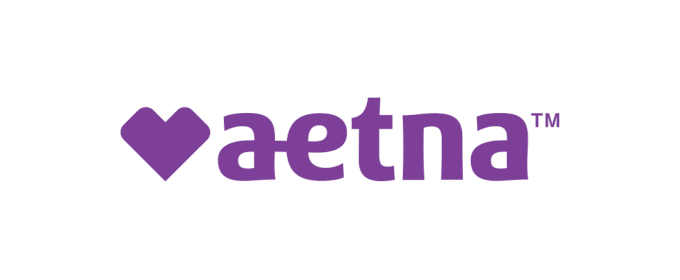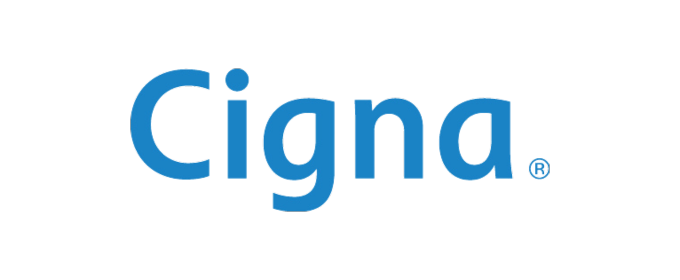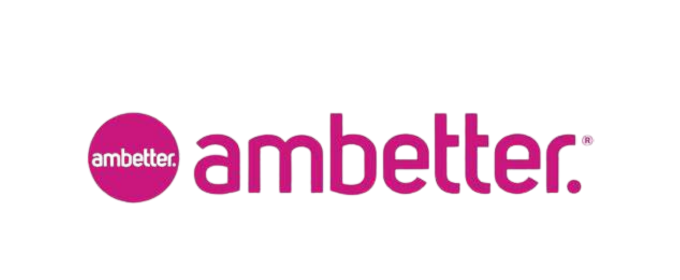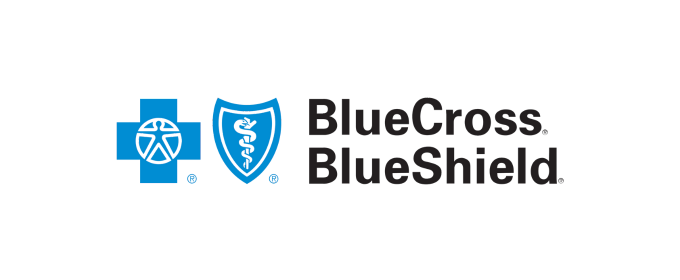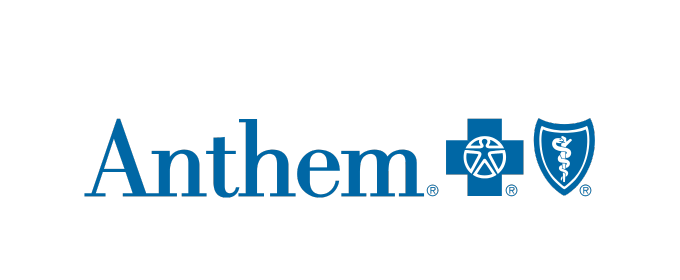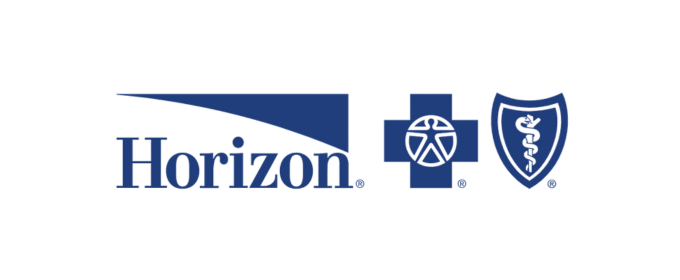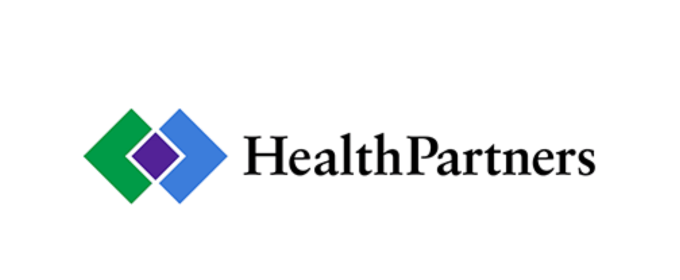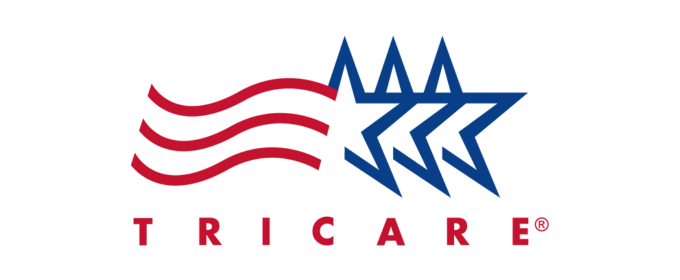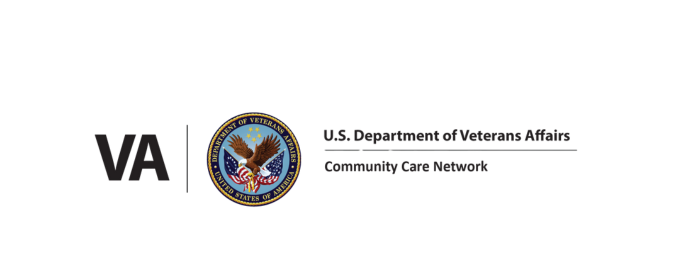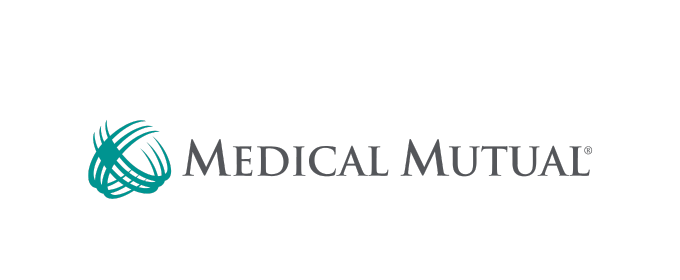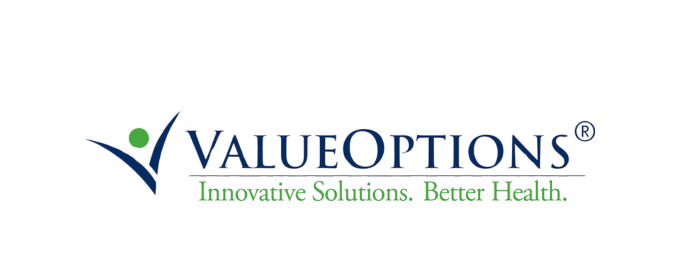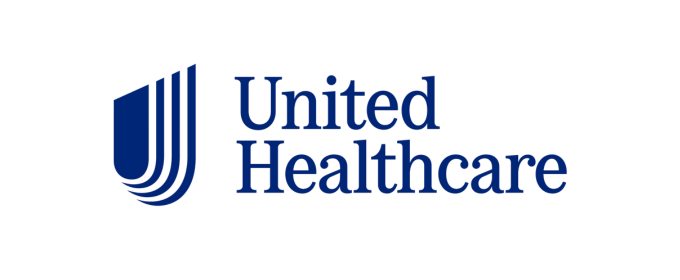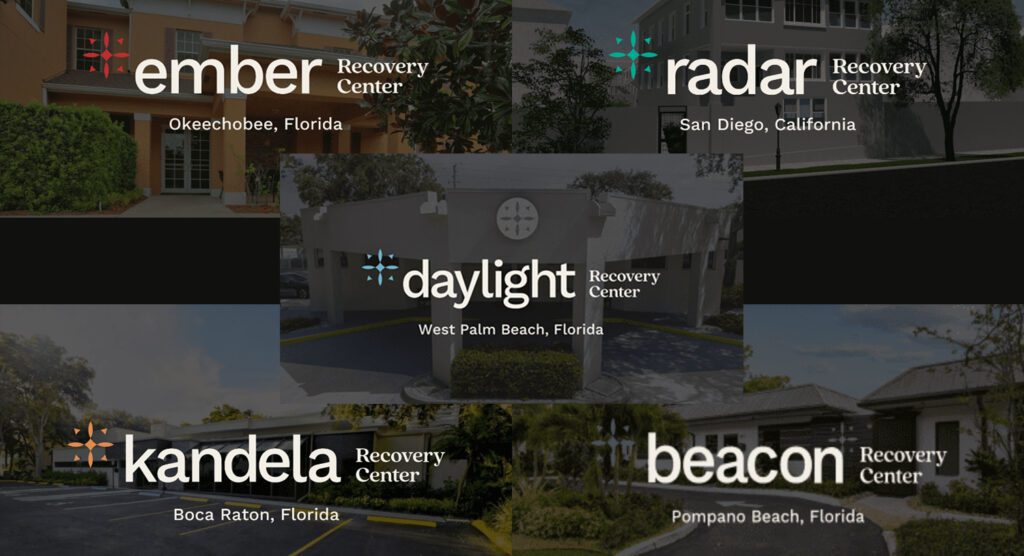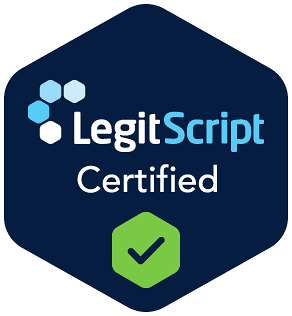What is a co-occurring disorder?
Someone with both a substance use disorder and mental illness is suffering from what’s known as a co-occurring disorder (COD), sometimes referred to as a dual diagnosis. Historically, treatment for mental health disorders was separate from the treatment of substance use disorders. Subsequently, those receiving treatment for drug or alcohol abuse often lacked the treatment needed to address underlying mental illnesses. Similarly, those who received treatment for mental health problems would often neglect to address substance abuse issues.
“Approximately half of those who have either a mental illness or a substance abuse disorder (SUD) will have the other at some point in their lives.”
From the moment you arrive at one of our centers, you will be supported by our welcoming team. Each of our centers provides a warm and compassionate environment designed specifically for patient comfort during the medical detox and residential treatment process. All meals are cooked from scratch by our onsite culinary chef. Each room has its own private bathroom and each bed comes equipped with a personal tablet system for engagement, entertainment, and support. Exercise and gaming equipment are available to use at your convenience.
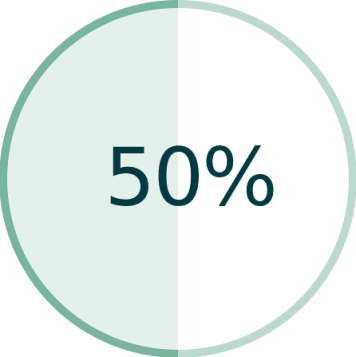
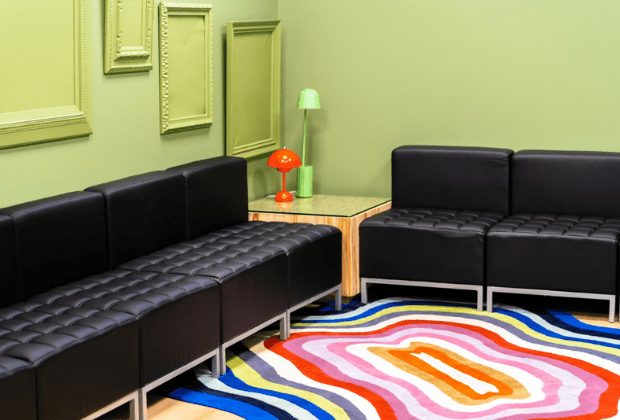
Why do these disorders occur together?
There are a variety of reasons why these disorders tend to occur together. Common risk factors applicable to both SUDs and mental disorders include genetics, stress, and trauma. However, a mental disorder opens the door to potential SUDs. People suffering from mental health issues often attempt to self-medicate to alleviate the pain and suffering caused by poor mental health. Sadly, this often fuels the problem. On the other hand, people suffering from SUDs are more likely to develop a mental disorder. This is because prolonged drug abuse can negatively impact brain function, making a person more susceptible to developing a mental disorder (National Institute on Drug Abuse).
Treatment for co-occurring disorders:
While treating patients for CODs has an added layer of complexity, advances in the treatment of substance abuse disorders and mental health have made it possible to address both illnesses collectively. At Daylight Recovery Center, we have helped thousands of people suffering from CODs. The Substance Abuse and Mental Health Services Administration (SAMHSA) recommends an integrated treatment approach. At Daylight Recovery Center, we have helped thousands suffering from CODs. Instead of treating each disorder separately without consideration for the other, we have created custom treatment programs that integrate both substance abuse and mental health interventions.

Patients receive a blend of Cognitive-Behavioral Therapy (CBT) in conjunction with motivational incentives. CBT includes private and group therapy sessions, counseling, coping tools, and relapse prevention. Motivational incentives include science-based, integrative services such as massage therapy, meditation, chiropractic, auriculotherapy, and nutrition education. Our goal is to treat each patient in its entirety meaning treating the patient’s mind, body, and soul. For more information about our co-occurring disorder treatment program, please call us 24/7 at 1-888-400-1556. Our team of kind and compassionate medical professionals is excited to help you free yourself from the confines of addiction and mental illness and begin a fulfilling life of sobriety!
Get confidential help 24/7.
If you or a loved one are suffering with drug abuse or alcohol addiction, reach out to Flyland Recovery Network for addiction help.
We accept most insurance plans
Our admissions coordinators can answer all of your questions. Call for a confidential assessment and insurance verification.











